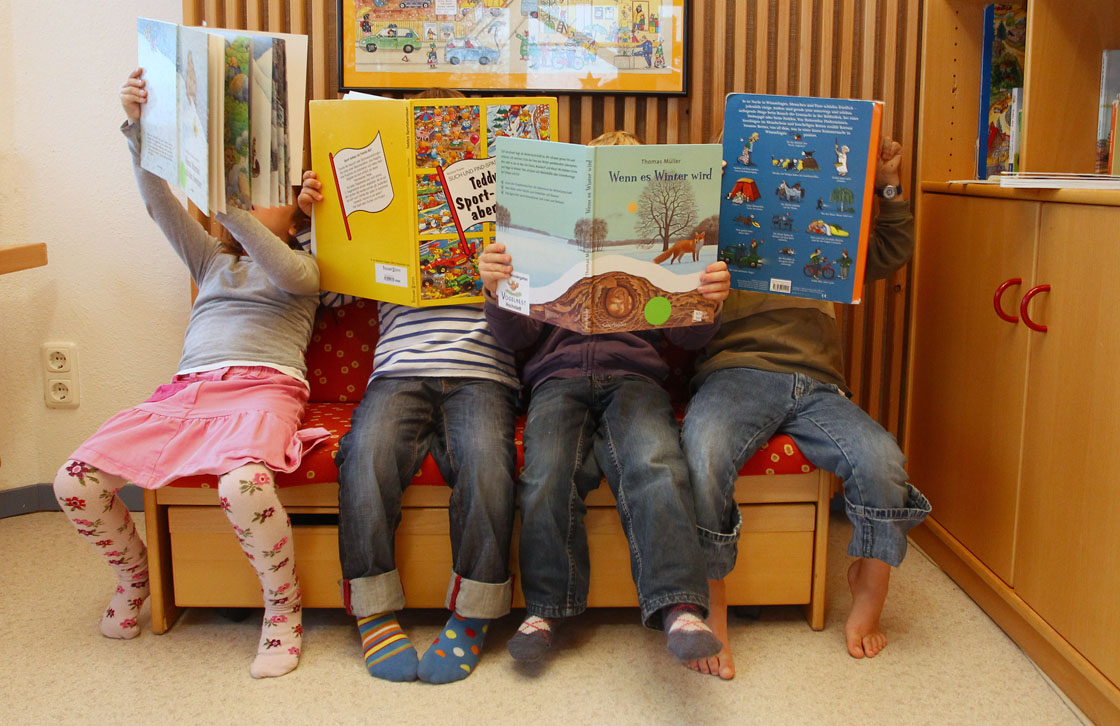TORONTO – Kids should take standardized tests in school to monitor how well they’re doing across the country, Canadians say in an exclusive poll.

Eighty-six per cent of Canadians say they’re worried about how the country’s students are performing on basic things like reading, writing and math, according to an Ipsos Reid poll conducted for Global News.
The poll is the fourth in a series of surveys on education issues the pollsters asked Canadians about. Polling topics such as an interest in specialized schools, labour unrest and cyber bullying were also touched on.
“What people are looking for is accountability. They want to know where their child stands relative to others and they want to know so they can help their child improve,” John Wright, Ipsos Reid vice-president, told Global News.
Standardized testing is used across Canada to measure the performance of students from province to province, but there has been heated debate about whether these assessments are a fair indicator of successful learning.
But Wright notes that the results point to support for standardized tests. Exactly three quarters of respondents say the testing is a good way to measure and compare students from other provinces.
Regional results from province to province
- Life in the forest: How Stanley Park’s longest resident survived a changing landscape
- ‘They knew’: Victims of sexual abuse by Ontario youth leader sue Anglican Church
- Carbon rebate labelling in bank deposits fuelling confusion, minister says
- Buzz kill? Gen Z less interested in coffee than older Canadians, survey shows
The sentiment is strongest in Quebec, where 81 per cent of respondents were most likely to be in favour of standardized tests.
In both French and English schools in Quebec, students take standardized tests in grade 6 along with exit exams before receiving secondary diplomas.
Those in British Columbia, on the other hand, were most likely to disagree (28 per cent).
In the Western province, students complete FSAs or Foundation Skills Assessments in grades 4 and 7 to students in the public schools. These tests assess how well students are doing in reading comprehension, writing and numeracy.
“There’s a real desire to have those numbers and letters so parents can see when something is happening,” Wright said, noting that growing class sizes and the threat of labour disputes may be adding to Canadians’ growing concern about the quality of education students are receiving.
Sixty-six per cent of Canadians surveyed in the poll say they’re worried about class sizes, for example.
In Ontario, where respondents weren’t keen on standardized testing, students take EQAO testing on grades 3, 6 and 9, along with a literacy test in grade 10.
Students falling behind
Debate has also surfaced on whether kids who aren’t meeting requirements for passing to the next grade should be failed.
While some people suggest holding a student back a grade can damage his or her emotional state, eight in 10 Canadians say that schools should be allowed to hand out failing grades to kids who don’t perform well.
The feeling was strongest in Quebec, where 75 per cent were in favour of failing students.
Time away from school
A handful of education experts have called for year-round schooling so kids don’t lose focus during the summer months. They suggest that instead of a full two-month block off, students can take a number of shorter breaks scattered throughout the school year.
While 12 months of school would let parents off the hook for finding summer camps and babysitters during July and August, 59 per cent of Canadians were not in favour of this approach.
Those with kids in the house were even more decidedly against it, with 64 per cent of parents saying no to year-round school.
Wright notes that these numbers vary from province to province and from rural to urban areas. In agricultural regions, respondents tended to sway in favour of summers off so that kids can help out with work, Wright guessed.
In wealthier, urban areas, respondents saw year-round school in a better light, perhaps because it would lessen daycare and summer camp expenses.
Between August 24 and August 29, 1,569 Canadians were interviewed online for the Ipsos Reid survey, which was weighted to bring it in line with Canadian demographics.
Nationally, it has a margin error of 2.5 percentage points, 19 times out of 20, but the margin of error is higher for specific regions of the country.




Comments